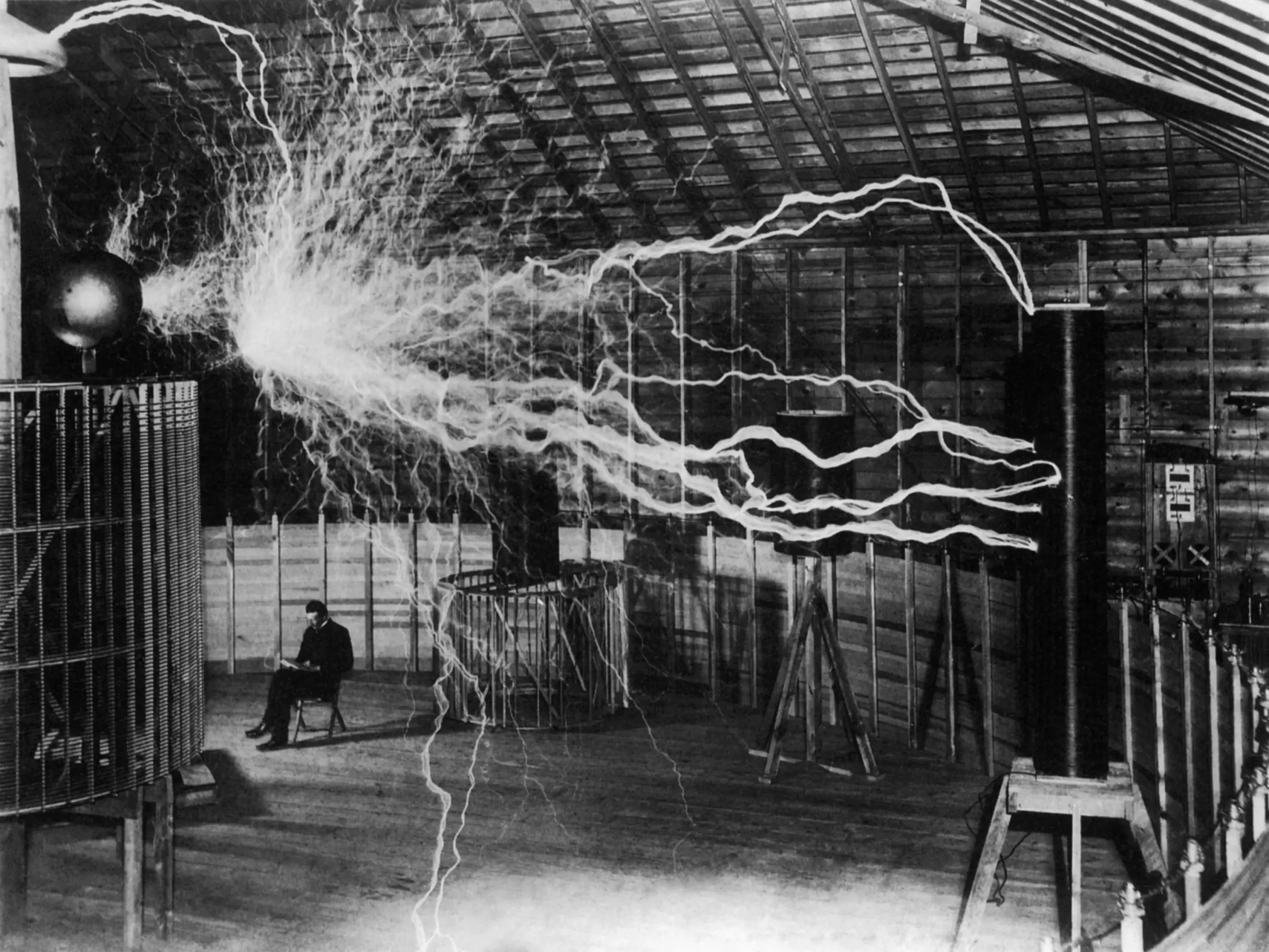The values that are deeply implanted in most modern societies are such that they are, in a way, based on the belief that it’s in human nature to help each other. If fairness, selflessness, honesty, and goodwill are considered to be the best values of an individual, then it’s not difficult to come to the conclusion that altruism should be something that is implied.
What is altruism?
Altruism is selfless care for other people and acting out of a desire to help someone, not because one has to or out of a sense of camaraderie, loyalty, or religious reasons.
If you pay close attention, you will notice that every day is filled with small acts of altruism, from holding the building door for your neighbor to giving money to the homeless.
The goal of altruism is to help others and expect nothing in return. Sometimes altruism is such a selfless act that it can harm the altruist. The desires and interests of others are in the foreground, above their own interests.
Altruistic actions seem completely conscious and require a certain sacrifice or renunciation.
The characteristics of altruists by which they are recognizable
The characteristics of altruists are very recognizable and you will be able to notice them immediately. If the following qualities sound very familiar to you, there is a chance that you are also an altruist:
#1 They put others first
Altruists have a strong sense of empathy. They will be the first ones to offer you a snack, even though they are hungry themselves. They will give up a seat on public transport, so you can sit next to your friend. They will use their break at work to help colleagues. Whatever the case – they do it not because they think they’re less valuable than others, but because they are very thoughtful and like to put the wellbeing of others first.

#2 They think about how their actions affect others
Altruists make a big part of their decisions based on how they will affect other people.
For example, you are an altruist and you have learned that your favorite restaurant is introducing an application that allows you to pre-order and not wait in line. But then you realize that it is inconvenient for all the people who have come and are waiting in line – their orders will be late because the employees will prioritize your order. Then you decide that instead of using the application, you wait in line like the others because you don’t want to make anyone uncomfortable.
#3 They feel good after helping someone
Altruists do not despise how generous they are and do not want to put themselves first – instead, they accept their selflessness and love how they feel. They just sincerely enjoy doing good for others.
#4 They have and display a healthy level of self-confidence
Altruists are confident in their morals and attitudes and rarely doubt themselves. They know how to live according to their beliefs and to improve the environment, as well as improving their life, which can be directly noticed on them and the self-confidence they have.
Explanations of altruistic behavior
Psychologists claim that there are several different explanations for why altruism exists.
Biological reasons
The selection of relatives is an evolutionary theory that suggests that people are more likely to help their blood relatives because they will increase the chances of passing on genes to future generations. The theory claims that altruism towards relatives is manifested in order to ensure the continuation of shared genes. The closer the kin, the greater the chances that they will be helped.
Neurological reasons
Altruism activates the reward center in the brain. Neurobiologists have discovered that when a good deed is done, the pleasure centers in the brain are activated.
One study, published in 2014 in the journal Social Cognitive and Affective Neuroscience, found that performing compassionate acts activates the parts of the brain that are connected to the reward system.
The positive feelings that result from empathic actions further encourage altruistic behavior.
Social norms
Social norms, rules, and expectations can, to some extent, influence altruistic behavior. The norm of reciprocity is a social expectation in which we feel we have to help someone who has helped us.
For example, if a friend helped you paint your apartment, you will feel like you have to help the same friend when they ask you if you can help him mow their yard. A friend did something for you and you feel obliged to return the favor.
Scientists claim that altruistic deeds have an impact on health as well as on life expectancy, and here’s why: when we do good deeds we feel fulfilled and life has more meaning. Helping others reduces the level of stress we feel, making us happier. Altruism can, therefore, be seen as a virtue, because good deeds, in addition to helping individuals, reduce hatred and malice, and lead to a more peaceful environment and a balanced life.
.png)











